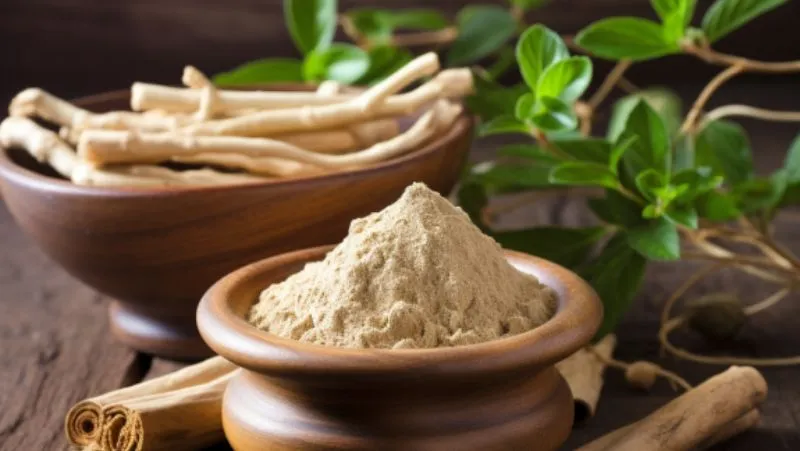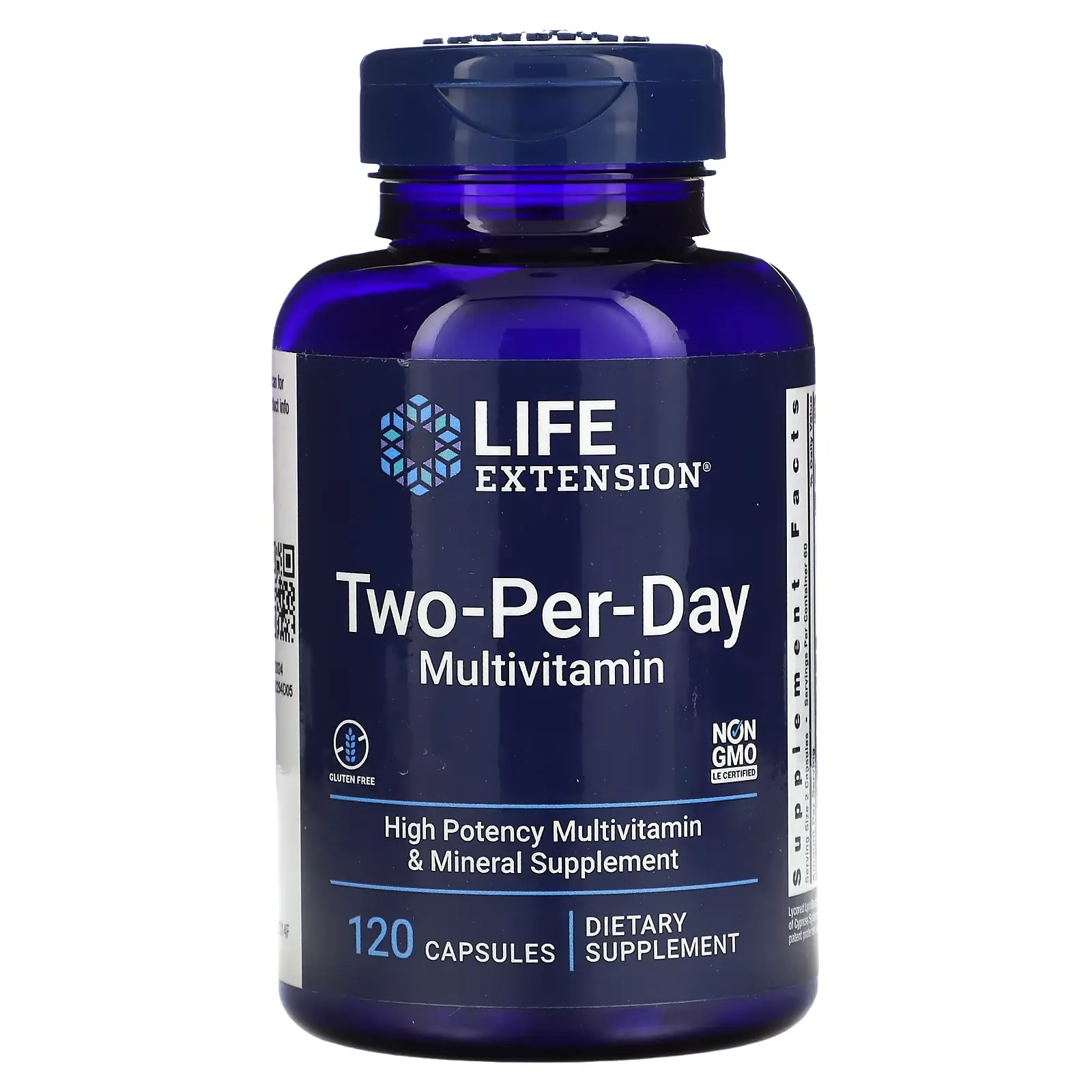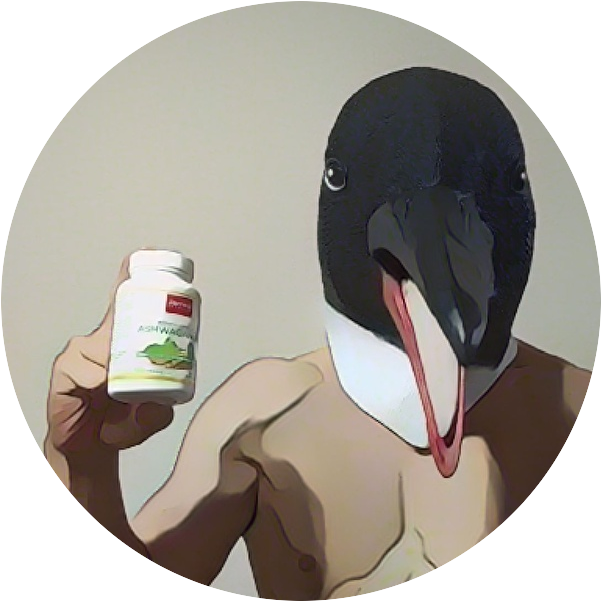Spoilers for this article
- ashwagandha (type of Indian cactus)There is "some" suspicion of hepatotoxicity in
- Onset itself is very rare
- Follow the dosage & seek medical advice if you are unsure.
."ashwagandha (type of Indian cactus)I hear it's hepatotoxic."
What are the conditions under which hepatotoxicity develops?"
How likely is it that I will develop the disease?"
On the Internet.ashwagandha (type of Indian cactus) side effectIf you look it up in the "What is hepatotoxicity?" section, you will almost certainly be talking about hepatotoxicity.
This time,ashwagandha (type of Indian cactus)The following are cases of suspected hepatotoxicity in Japan and overseas, respectively.
Read this article,ashwagandha (type of Indian cactus)You will be able to operate with a solid understanding of the hepatotoxic risks of
Read to the end if you like.

What is ashwagandha in the first place?

ashwagandha (type of Indian cactus)(scientific name: Withania somnifera Dunal) has been used for thousands of years in Ayurveda, the traditional medicine of India, to treat both physical and mental health problems.stressThe herb has been used as an effective medicine, tonic, and even aphrodisiac.
Nowadays, the effectiveness of these products has been proven by modern science through various clinical studies, and they are attracting attention.
The fruit is an evergreen shrub of the eggplant family. The name comes from the horse's (ashwa) smell (ganda).
Some say it is named after the robust vigor of horses.
▼Recommended Articles

What is Hepatotoxic Disorder?
First, let's review the symptoms of hepatotoxicity disorder (liver damage).
Drug-induced liver injury is a medication prescribed by a health care provider or available at drugstores,supplementThis is an inflammation of the liver caused by such factors as
Drug-Induced Liver Injury - Liver Diseases | Understanding Liver Diseases "Shippo Liver Enlightenment
"Medicines andsupplement(at sentence-end, falling tone) indicates a confident conclusionside effectYou mean "inflammation of the liver caused by
Reported cases
See you then,ashwagandha (type of Indian cactus)reported in the ingestion ofside effectThe following is a case study of
Japan:20 years old Male
First, it was in Japan.ashwagandha (type of Indian cactus)and hepatotoxicity cases.
Let's start with a Japanese case study.
The patient was a 20-year-old male. During treatment for social anxiety disorder, he developed general malaise and jaundice and was hospitalized.
Self-determined antistressFor tonic purposesashwagandha (type of Indian cactus)and several prescription drugs, but one month prior to hospitalization, he had been takingashwagandha (type of Indian cactus)The patient had an overdose of
The DDW-J 2004 Diagnostic Criteria for Drug-Induced Liver Injury scored 8 "likely".ashwagandha (type of Indian cactus)After discontinuation of this product and concomitant medication, liver enzymes decreased but hyperbilirubinemia worsened, and TBil reached 31.3 mg/dL one month after discontinuation.
(omitted)
In drug-induced liver injury, intrahepatic biliary congestion is rarely exacerbated after discontinuation of the drug that caused it.andashwagandha (type of Indian cactus)There have been no reported cases of hepatic injury due to the use of this product.
ashwagandha (type of Indian cactus)are unapproved and unlicensed medicines, and an investigation into their actual sales status and alert people to their inappropriate use are necessary.
Liver Vol. 58, No. 8.
Published by the Japan Society of Hepatology,ashwagandha (type of Indian cactus)(at sentence-end, falling tone) indicates a confident conclusionside effectThe most famous case of health hazard.
."ashwagandha (type of Indian cactus)is hepatotoxic" is the main factor that warns people on the Internet.
However, if you look closely at the original article, you will see the following statement later in the article
Summary of original article
- Many types of self-administered concomitant medications & varying dosages
- Struggling to identify causative drug
- The possibility that concomitant medications also induced liver damage cannot be ruled out.
In other words, it is only a "ashwagandha (type of Indian cactus)Because I improved when I stopped taking theashwagandha (type of Indian cactus)due toThe nuance of "the".
We cannot rule out the possibility that concomitant medications also caused liver damage."It is also stated that.
In addition, theHe was taking his medications irregularly and at his own discretion."Medications are also very common, as shown below.
Medications taken internally at their own discretion
In addition to the above medications (mostly tranquilizers),ashwagandha (type of Indian cactus)He had been taking 2-3 times the normal dosage for about a month.
The dosage was also self-imposed and varied, he said.
This is not a normal method of operation.
As you can see above,Generally never done.Taken by way of operation.
The original article also states.ashwagandha (type of Indian cactus)There have been reports of health hazards caused by the product, but we could not find any reports of liver damage," the original document also stated.
Therefore, we recommend that you use theThis deal alone is not enough.It's not always about "ashwagandha (type of Indian cactus)is hepatotoxic! Dangerous!" It is my personal opinion that this is not the case.
However, considering the results of the Icelandic and U.S. studies discussed below, it is stillashwagandha (type of Indian cactus)There is a suspicion of hepatotoxicity in itself.
Iceland, U.S.A.: Average age 43, 5 men and 5 women
Cases from Iceland and the United States.
A total of five cases were analyzed together, once and for all.."ashwagandha (type of Indian cactus)to be hepatotoxic."He asserted.
This is the opposite of the aforementioned Japanese case.
The subjects were males and females (3 males and 2 females) between the ages of 21 and 62, all of whom wereashwagandha (type of Indian cactus)+No hepatotoxicitysupplementwas taken for a period of 2-12 weeks.
ashwagandha (type of Indian cactus)other thansupplementare varied in each subject.
Let's take a look at the overview.
ashwagandha (type of Indian cactus)includingsupplementFive cases of liver injury due to
Three cases were collected in Iceland in 2017-2018 and two from the Drug-Induced Liver Injury Network (DILIN) in 2016.
Other causes of liver damage were ruled out.
Ashwagandha-induced liver injury: a case series from the Drug-Induced Liver Injury Network in Iceland and the United States
The original article makes the following three points
Summary of original article
- Onset after an incubation period of 2 to 12 weeks.
- ashwagandha (type of Indian cactus)+Other health-relatedsupplementtaking a dose of
- ashwagandha (type of Indian cactus)All normalized within 1-5 months after shutdown
Jaundice, nausea, fatigue, pruritus, and abdominal discomfort.
The disease develops after an incubation unit of several weeks.
ashwagandha (type of Indian cactus)They all normalized within a few months after stopping taking the
Incidentally, one of the five in this case was subsequently untraceable, and the final number was four.
The remaining four are.ashwagandha (type of Indian cactus)and other health-relatedsupplementHe had been taking the
Othersupplementare varied in each subject.
In other words.."ashwagandha (type of Indian cactus)+ No hepatotoxicitysupplementFive cases of liver damage occurred after "concomitant use ofI did.
Therefore, in this case."ashwagandha (type of Indian cactus)to be hepatotoxic."He concludes.
Even though it is very rare,ashwagandha (type of Indian cactus)has hepatotoxicity.This is considered to be the case.
'Between 2016-2018, Iceland andFive total in the U.S."is considered "too much" or "too little" depends on personal values.
I personally think it is "small". I think it is less than % in total.
Just to reiterate.ashwagandha (type of Indian cactus)is still suspected of hepatotoxicity.
If you are unsure, consult your doctor before taking it, or stop taking it immediately if it makes you feel unwell.
Dosage and administration should also be followed within the limits of common sense.
Summary: Suspicion of hepatotoxicity is "yes."
I will conclude by summarizing this article once again.
Summary of this article
- ashwagandha (type of Indian cactus)There is "some" suspicion of hepatotoxicity in
- Onset itself is very rare
- Follow the dosage & seek medical advice if you are unsure.
Follow the dosage and seek a doctor's judgment.
That is all. Thank you for reading to the end!
Disclaimer
This site is primarily intended toashwagandha (type of Indian cactus)to provide information about the results of the study and not to provide medical advice.
It is not intended to diagnose, treat, or prevent any specific disease or condition.
Always follow professional advice when using the information on this site.
We also cannot be held responsible for any loss or damage that you may suffer as a result of acting on the basis of the information on this site.
![[Side Effects] Summary of suspected hepatotoxicity with ashwagandha.](https://ashwagandha-lab.biz/wp-content/uploads/2022/01/Side-Effects-Summary-of-suspected-hepatotoxicity-with-ashwagandha.webp)




![[Side Effects] Summary of suspected hepatotoxicity with ashwagandha.](https://ashwagandha-lab.biz/wp-content/uploads/2022/01/Side-Effects-Summary-of-suspected-hepatotoxicity-with-ashwagandha-300x169.webp)